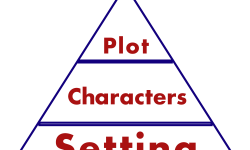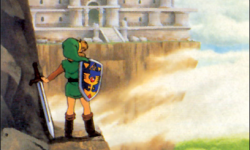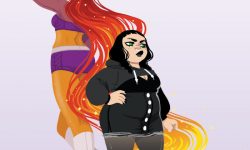What is Fantasy?
Before I begin, there is one thing I like about fantasy readers as opposed to science fiction readers: they aren’t rigid, even when they attach parts of their self-identity to liking the genre. That’s important, because when trying to define “fantasy,” there is a tension between what constitutes a literary genre as a marketing paradigm (basically, what the readers expect when picking up a book labeled “fantasy”) and what, in a technical sense, makes a fantasy book. “Fantasy” means simply imagination, as the word is used in music composition. So the simple and robust definition of fantasy is an imaginative…









